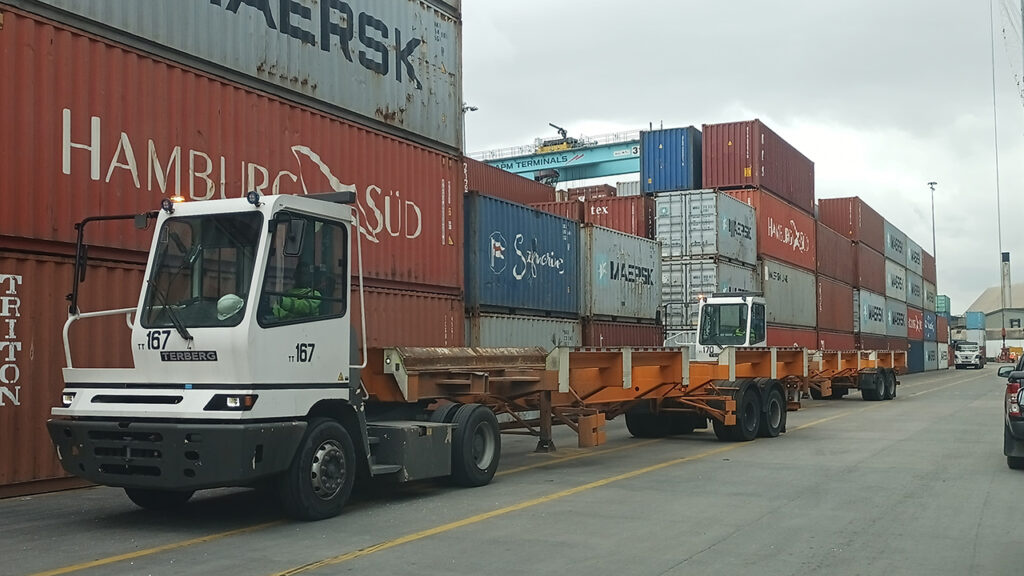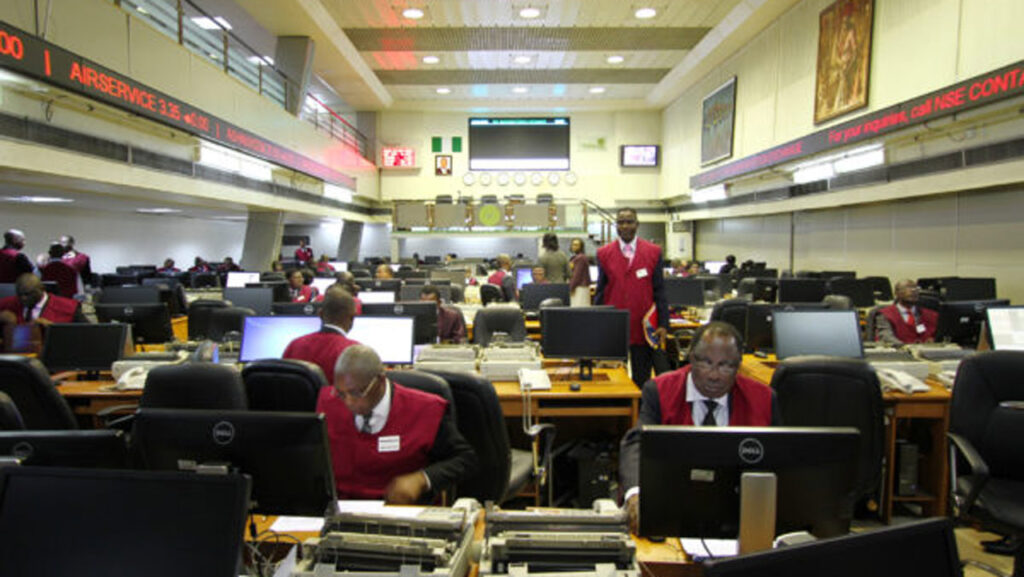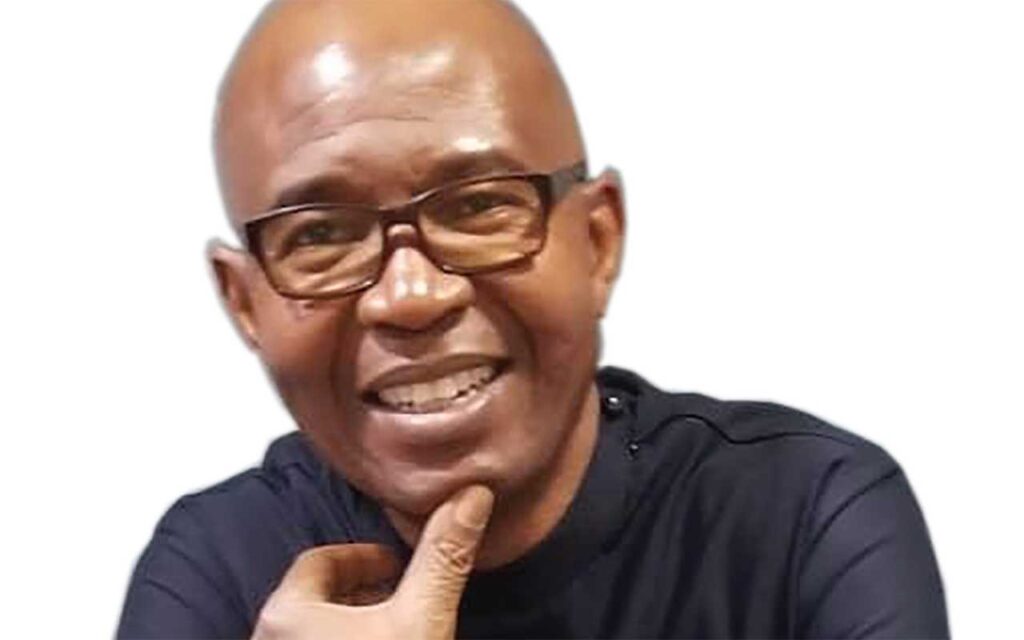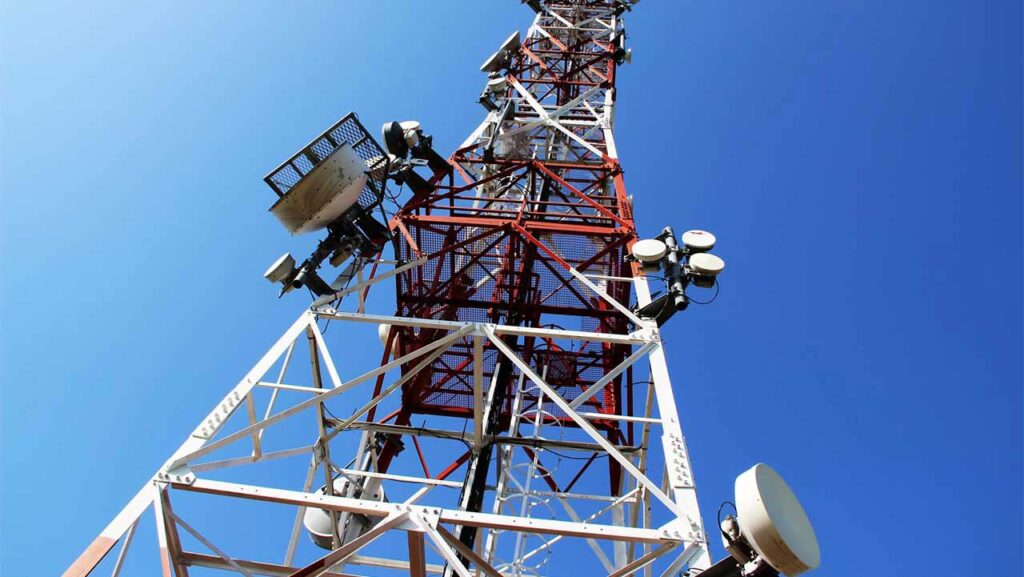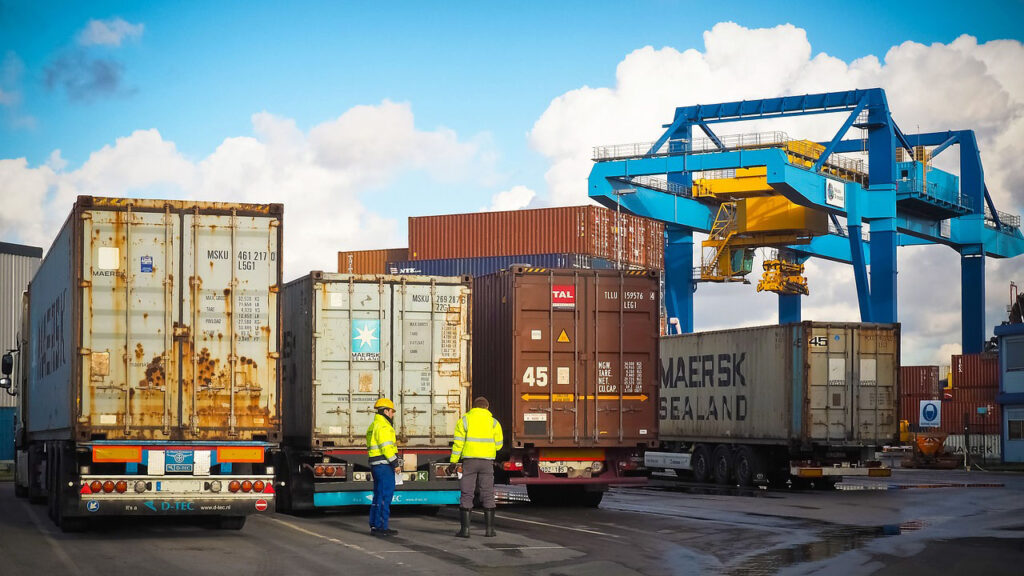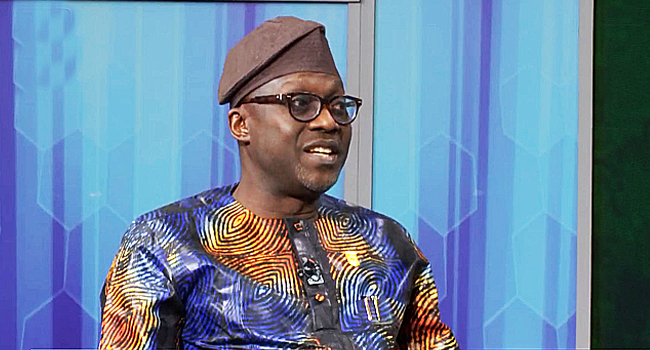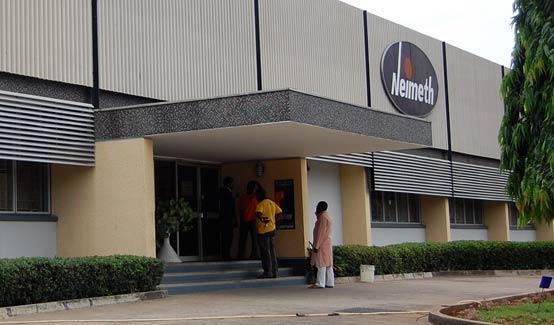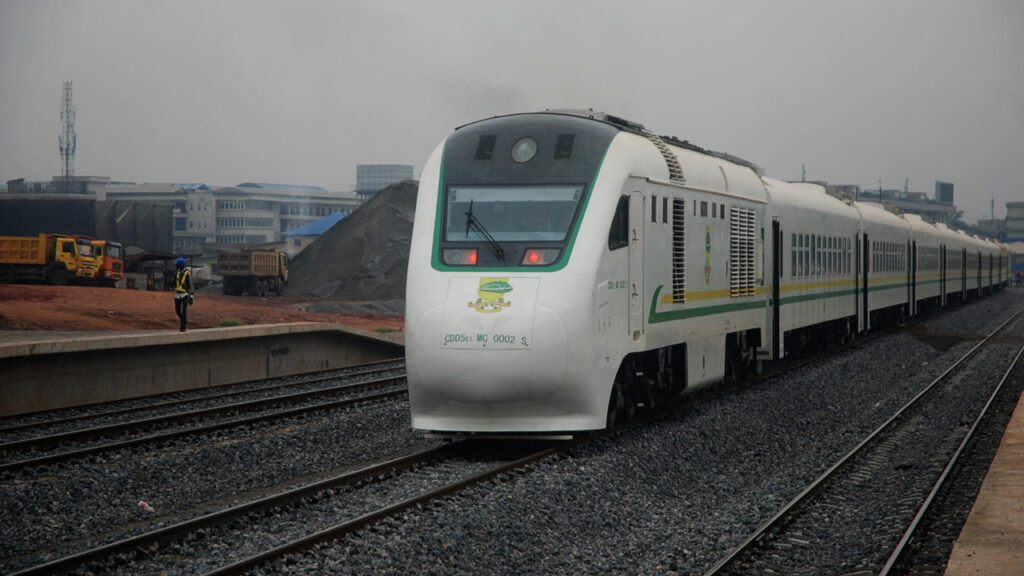Despite the current situation, he said several challenges have been militating against achieving his mandate. This he enumerated as the problem of gas, infrastructure, financial challenges and other technical problems.
According to him, even when enough power is generated, not all Nigerians would get the supply.
“Less than 50 per cent of Nigerians are connected to the national grid. That means we have at least 70 million people that are yet to be connected to national grid. Even if we generate 10,000 mega watts, many Nigerians will not have power,” he said.
Babalola explained that with the geographical set up of the country, adoption of coal and hydro power systems are the only viable alternative power sources for the economy.
He pointed out that solar and wind systems could only be adopted on a small-scale basis and not at national level.
The minister, yesterday, said power generation had climbed to 3,600mw from less than 3,000mw, as gas supply improved to the power stations.
He however explained that most of the power stations that are supposed to deliver on the 6,000mw mandate are already starved of gas and are working far below optimal capacity.
He said that already, gas supply shortfall to the power stations operated by the Power Holding Company of Nigeria (PHCN) in December stood at 599.92 million standard cubic feet per day, few days to the expiration of the 6,000 megawatts deadline.
According to him, even as at the date in reference, gas demand at the company’s thermal stations stood at 782.77 million scfd, while PHCN was getting only 182.86 million scfd.
“Government and privately-owned power stations would need 1.2 billion standard cubic feet per day to achieve the target; indications are that the government-owned power stations are still having a serious gas supply shortfall.
“The completion of the repair of the Escravos and Lagos Pipeline, expected to boost gas supply to the power stations in the western part of the country, is still being awaited,” he said.
The minister said that government is also looking in partnering with some experts and private sector in the country to revive and boost the power sector reform in 2010.
 No fewer than 70 million Nigerians are still not connected to national grid, even as Federal Government announced rise in power generation to a three-year high 3,600 mega watts (mw).
No fewer than 70 million Nigerians are still not connected to national grid, even as Federal Government announced rise in power generation to a three-year high 3,600 mega watts (mw).

